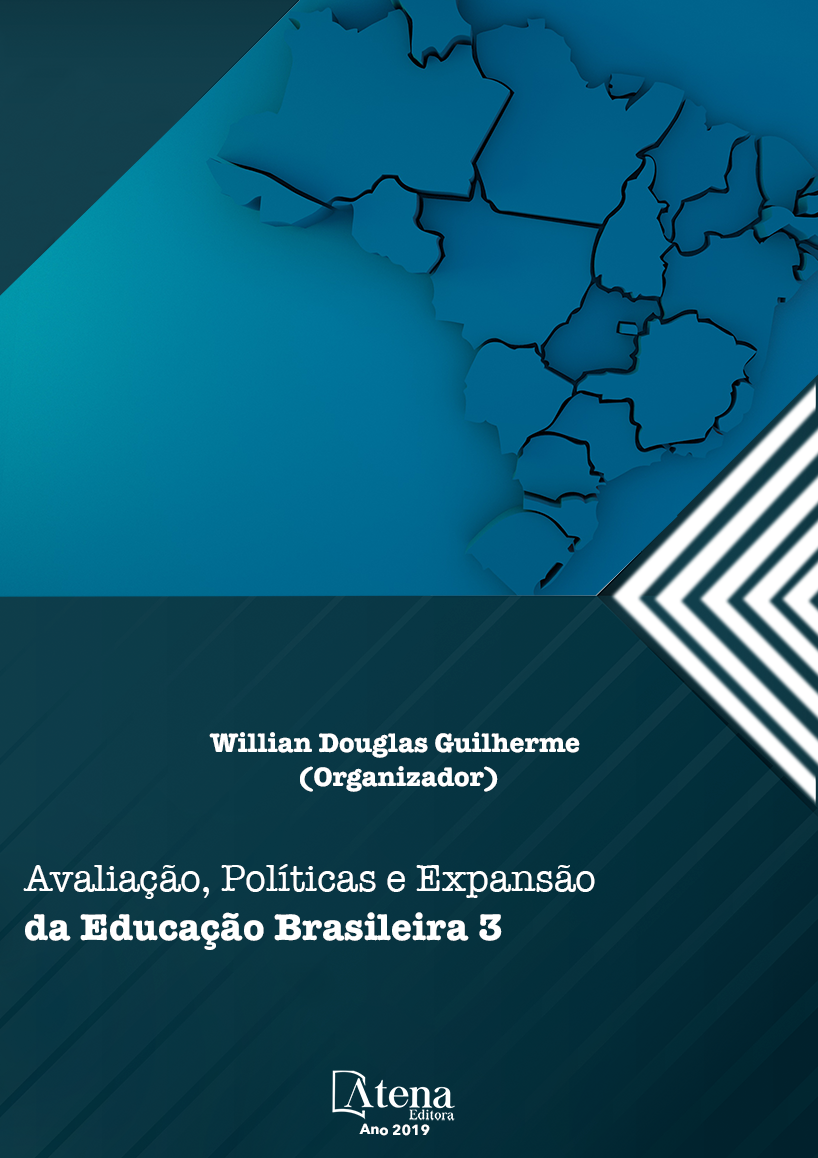
ALFABETIZAÇÃO E LETRAMENTO NA EDUCAÇÃO ESPECIAL
Este artigo tem como objetivo
apresentar a importância da alfabetização e
letramento na inclusão especial, considerando
a valorização do sujeito aprendiz em uma
sociedade contemporânea e globalizada,
capacitando-os como cidadãos atuantes para
uma sociedade igualitária, e isso se faz no
papel socializador da escola na convivência
dos alunos com necessidades especiais. O
objetivo traçado propõe uma análise qualitativa
sobre considerações importantes de alguns dos
principais autores que se dedicaram a tratar
de aspectos relativos a esta problemática.
O procedimento interpretativo de revisão
bibliográfica permitiu maior compreensão do
tema, possibilitando o ato reflexivo por parte
dos autores deste artigo e a sistematização de
conteúdos que o sustentou. O eixo principal
recaiu sobre a forma de apresentar que em
um mundo tão raso no que diz respeito à vida
letrada em que estamos inseridos, é preciso
difundir o incentivo a mudança desse quadro
para que nossas futuras gerações não sofram
a triste realidade de viver em um ambiente
que suas habilidades para a vida externa,
não nasçam através de um raciocínio crítico
e destinado a mudar o rumo de sua própria
história, de sua autoconstrução. O resultado
dessa linha de evolução do pensamento, a
análise e recontextualização deste estudo,
possibilitaram aos pesquisadores entender que
a alfabetização e letramento não se dão pelo
simples fato de saber ler e escrever, e nesse
contexto, alguns indivíduos em face da sua
condição especial, possa se sentir confortável
no ambiente escolar, a escola deve proporcionar
condições para recebê-los sem quaisquer
distinções.
ALFABETIZAÇÃO E LETRAMENTO NA EDUCAÇÃO ESPECIAL
-
DOI: 10.22533/at.ed.6031910077
-
Palavras-chave: Alfabetização, letramento, inclusão.
-
Keywords: Reading, writing, inclusion.
-
Abstract:
This article seeks to present
the importance of reading and writing in the
inclusion of special needs students, seeking
to value these students in our contemporary
and globalized society and empower them as
active citizens in a more egalitarian world; this
happens in the school’s socializing role in the
coexistence of students with special needs.
The objective here is to propose a qualitative
analysis of some important considerations
from some of the main authors reviewed who
devoted themselves to studying aspects relating
to this issue. The interpretation and review of
this literature has allowed a greater understanding of the theme, making it possible
for the authors of this article to reflect on it and to systematize its contents. The main
focus is to show that, in a world so superficial in terms of literacy, it is necessary to
encourage a change to this framework so that future generations may have their worldly
skills born out of critical thinking and be able to change their trajectory and their selfconstruction.
This line of thought, along with the analysis and recontextualization of this
study, has enabled the researchers to understand that literacy is not determined by the
simple fact of knowing how to read and write, particularly for individuals with special
conditions—that is, in order for special needs students to feel comfortable in the school
environment, the school must provide conditions to receive them without any distinctions.
-
Número de páginas: 15
- Loryza Rodrigues Barbosa de Barros Natal
- Juliana Marcondes Bussollotti


